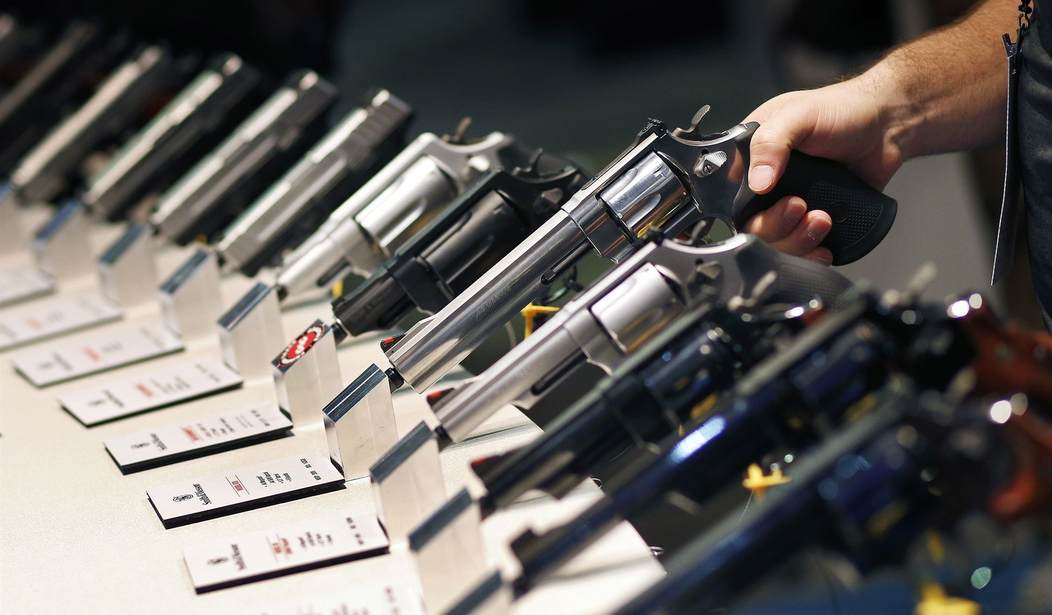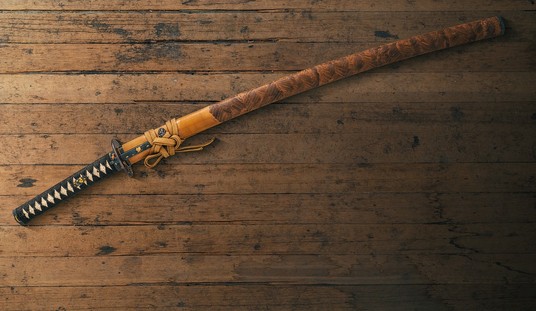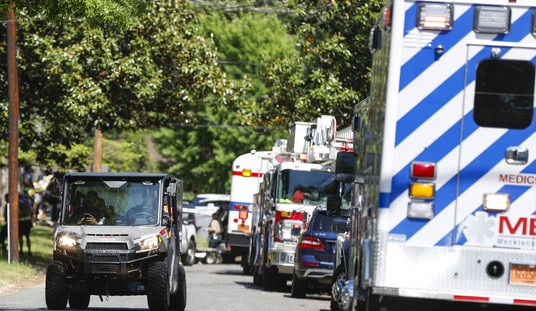It never fails to infuriate me.
See, I make it a point to try to understand why some people support various ideological positions. Sometimes, their reason is incomprehensible, sure, but most of the time those who back some position have what they believe to be valid reasons for supporting that position. Understanding it is important so you can, at the very least, address their concerns.
For example, people who support communism because of income inequality need to be reminded of just how bad the inequality was under communism. Sure, they’ll say that wasn’t real communism, but you have to start somewhere.
The other side of the gun debate doesn’t get that.
I mean, I understand their arguments. I’ve listened to them. I just believe with all my heart that it won’t work that way because it’s never worked that way.
They simply don’t return the favor. They think I oppose gun control because I just really like guns (I mean, I do, but that’s not the reason). They think I’m fine with mass shootings when I have more reason than most to despise them. They don’t really try to understand why we oppose gun control.
But, some are trying to explain it.
Many liberals are often incredulous that shooting incidents don’t provoke larger calls for gun control among Americans.
This was certainly the case after recent mass shootings in Atlanta and Colorado.
…
Longstanding American attachment to firearms is explained away in various ways. The answers usually revolve around blaming the trend on the power of the National Rifle Association, or more commonly these days, “racism.”
The second suggestion is particularly ridiculous. More often than not, gun control has historically been used to disarm black Americans in particular and make it less possible for them to defend themselves.
One historian, Michael Bellesiles, even tried to claim that mass American private gun ownership is an entirely modern phenomenon and has little grounding in the founding era. His book, Arming America: The Origins of a National Gun Culture, won many awards but was ultimately debunked and proven to be based on fraudulent statistics.
In general, these theories wildly miss the mark of why Americans have little desire for strict gun control.
…
In a time of rapidly increasing violence—in part due to the “defund the police” movement—law-abiding Americans are less likely to want to give up their means of self-defense. Politicians, corporate CEOs, and various members of the country’s elite will no doubt have little problem employing government resources and private security for their protection under a regime of stringent gun control. But the average citizen will not.
It must be noted that while firearm ownership has gone up, trust in government—and fellow Americans—has been on the decline for decades. And this gets to perhaps the biggest reason Americans are unlikely to accept strict gun control parameters or even more limited gun control any time soon.
Baked into the ethos of the United States is the belief that liberty and the rights of the people can only truly remain secure as long as the right to bear arms remains secure. There is a good reason for Americans to have this outlook.
Seriously, go read the whole piece. It’s pretty good.
And, of course, it’s true.
So many people on the anti-gun side of the debate make no effort to understand us and instead create strawman versions of us with which they try to tar us in totality. They’ve decided opposition to gun control is racist and don’t need to bother looking any further for why we oppose it than to label us racist.
Of course, for some, that might work. Many people fear being called racist, and for good reason. Racists are loathsome creatures who are unworthy of respect. The problem is, the term has been thrown around so much that it’s practically meaningless anymore. When I first heard of Richard Spencer and was told he was a racist, I didn’t believe it simply because so many people have been called that. They cried wolf so many times, I didn’t believe Spencer was actually a wolf.
Because of that, though, the term doesn’t win discussions like it used to. So many of us no longer fear being called racist anymore because we know we’re not and those we care about know we’re not, so whatever.
Gun control activists haven’t bothered to actually try and understand where we’re coming from.
Of course, that’s probably for the best. If they really did gasp it, they might suddenly learn how to be more effective. Lord only knows they’re having a fine enough time as it is.
But on the flip side, it’s imperative that we understand their arguments. If we don’t, we can’t address their concerns and convert some of them.
Or, more accurately, convert some of those in the middle folks who actually help us win elections. The zealots will never convert, but arguing with them is a spectator sport. You’re not trying to change their minds, you’re really trying to change the minds of the people watching but not engaging.
You do that and explain your position and address their concerns and you can get somewhere.
Fail to do that and you’re going to have to run on raw emotion, which gets exhausting. It’s why gun control groups only seem to accomplish anything in fits and starts.







